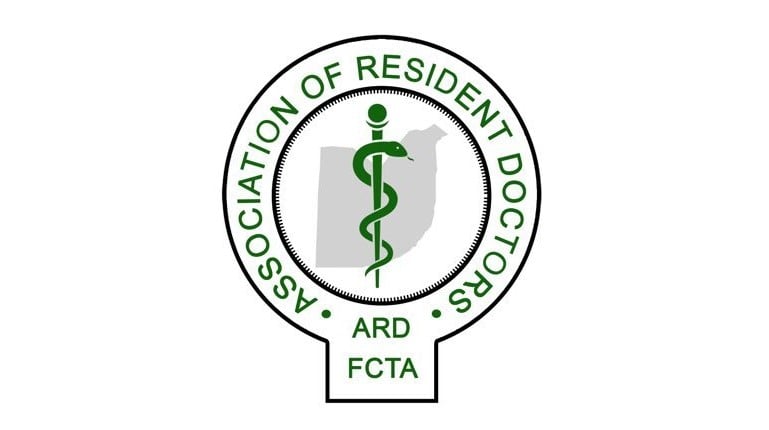
Nigeria’s top security officials have raised alarm over the growing impact of hunger and poverty on national stability, warning that socioeconomic challenges are rapidly evolving into serious security threats.
During a high-level security forum in Abuja on Monday, National Security Adviser (NSA) Mallam Nuhu Ribadu and Chief of Defence Staff (CDS) General Christopher Musa emphasized that Nigeria’s fight against insecurity must go beyond military operations and tackle the root causes of unrest — especially food insecurity and rising poverty levels.
“Hunger and poverty are now fuelling insecurity across the country. It is no longer just about guns and bullets; people are driven to violence and crime because they cannot meet basic needs,” Ribadu said during his address.
General Musa echoed the sentiment, describing the socioeconomic crisis as a “breeding ground for recruitment by extremist groups, bandits, and insurgents.” He stressed the need for a whole-of-government approach that integrates economic development, education, and security strategies.
Recent data from the National Bureau of Statistics (NBS) shows that over 133 million Nigerians are living in multidimensional poverty, with food inflation at an all-time high. The situation is particularly dire in conflict-prone regions such as the Northeast, Northwest, and parts of the North Central, where insecurity has disrupted farming and livelihoods.
Both officials urged a coordinated response involving federal, state, and local governments, alongside international development partners, to address the structural drivers of insecurity.
“The military can only do so much,” said General Musa. “We need to fix what’s broken in our economy and society. If people have jobs, food, and hope, they are less likely to pick up arms.”
Policy experts welcomed the remarks, noting that linking security to social conditions could help shift national discourse toward more sustainable solutions.



